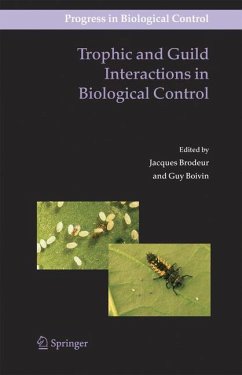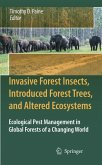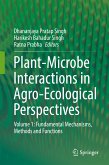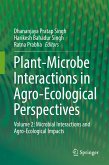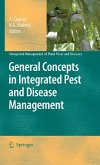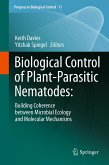Dieser Download kann aus rechtlichen Gründen nur mit Rechnungsadresse in A, B, BG, CY, CZ, D, DK, EW, E, FIN, F, GR, HR, H, IRL, I, LT, L, LR, M, NL, PL, P, R, S, SLO, SK ausgeliefert werden.
"The edited volume Trophic and guild interactions in biological control is a commendable step towards understanding the complex issues surrounding successful biological control in changing agro-ecosystems. ... An engaging collection of papers useful to any biologist interested in basic community ecology or applied entomology, the text's main strength is the diversity of natural enemies and species interactions presented. ... The primary audience for the book will be advanced students and academics." (Lee A. Dyer and Rebecca E. Forkner, Ecology, Vol. 88 (6), 2007)

